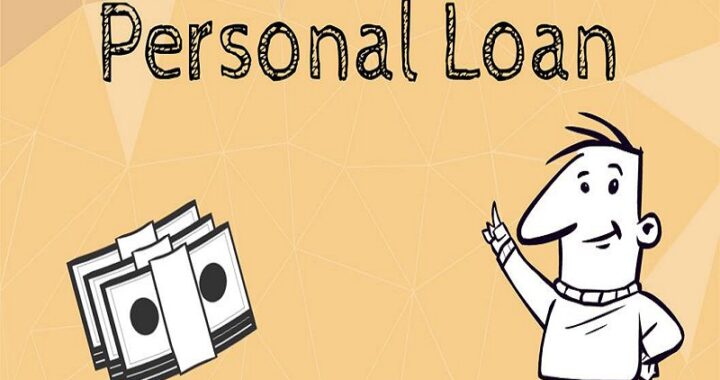Buy Or Sell Cryptocurrency in UAE – What is a Blockchain?
3 min read
If you are wondering what a blockchain is, you might want to understand how it works. The concept behind the blockchain is that every link on the chain stores transaction data. When you start at the top of the chain, you can see the latest transactions, and if you move down the chain, you can see older ones. By following the chain to the bottom, you can see all the transactions that have been made for that cryptocurrency. In the long run, blockchains offer powerful security advantages, and they can also be used to make transactions more transparent.
A blockchain works by creating a shared, immutable ledger for businesses. This allows transactions to be recorded and assets to be tracked across a business network. These assets can be tangible or intangible. With a blockchain, virtually anything of value can be tracked. This reduces the cost and risk to everyone involved. And it’s free, too. But the technology is still in its early stages, and there are some risks and misconceptions that need to be overcome.
Blockchains use distributed databases to protect data from unauthorized access. These databases are also distributed across a network, making it more difficult to hack into. This makes it possible to serve a broad range of applications. For example, a blockchain can record transactions for various cryptocurrencies, including Bitcoin and other cryptocurrencies. It can also record ownership of NFTs and DeFi smart contracts. The possibilities are endless. You may already be asking, “What is a blockchain?”
First and foremost, blockchains allow people to trust each other. For instance, a check you deposit on Friday may not show up in your bank account until Monday morning. And while most businesses operate within the confines of business hours, the blockchain operates 24/7. In ten minutes, a transaction can be completed. If you’re looking to transact globally, the time difference between the two countries makes the process more cumbersome.
Think of a blockchain as a bunch of receipts. In a blockchain, each transaction is ordered into a box. Each box contains receipts that were added since the previous one. This type of system uses blocks instead of receipts. However, the technology is still new, so lawyers aren’t familiar with its benefits and limitations. If you’re considering using a blockchain in your business, you should consult with a lawyer before making any decisions.
A blockchain is a database that is structured as a series of blocks. Each block holds a set of information. In the world of cryptocurrency, blockchains play an important role in the cryptocurrency system. They provide a secure record of transactions and generate trust without a trusted third party. So, you can create a digital ledger in a matter of minutes. Then, you can begin implementing the concept of the blockchain in your business.
The blockchain is a distributed database that is shared between computer nodes. It stores information electronically in a digital format and is known as a public ledger. A blockchain has many uses, but it is most widely recognized for its role in cryptocurrency systems. They are critical for cryptocurrency systems. They serve as a secure record of transactions and help create trust without a trusted third party. In other words, a blockchain keeps track of everything that happens on the network.
Blockchains work in many ways. A blockchain allows a transaction to be verified instantly. This is very useful for businesses that accept credit cards. The main difference between a blockchain and a credit card is that the blockchain doesn’t require a central authority. It eliminates third parties and all associated costs. Furthermore, it eliminates the need for third parties. In many cases, a business owner only pays a small fee when accepting credit cards. Unlike bitcoin, however, there is no central authority and transactions are very limited.
A blockchain is a digital ledger, similar to a bank’s balance sheet. It records where the money goes and how it comes. In a crypto-based blockchain, the data is not maintained by a single entity or organization. It is constantly checked by a large peer-to-peer network of computers running open-source software. If a cryptocurrency has an open-source code, it is a legitimate way to store money.






